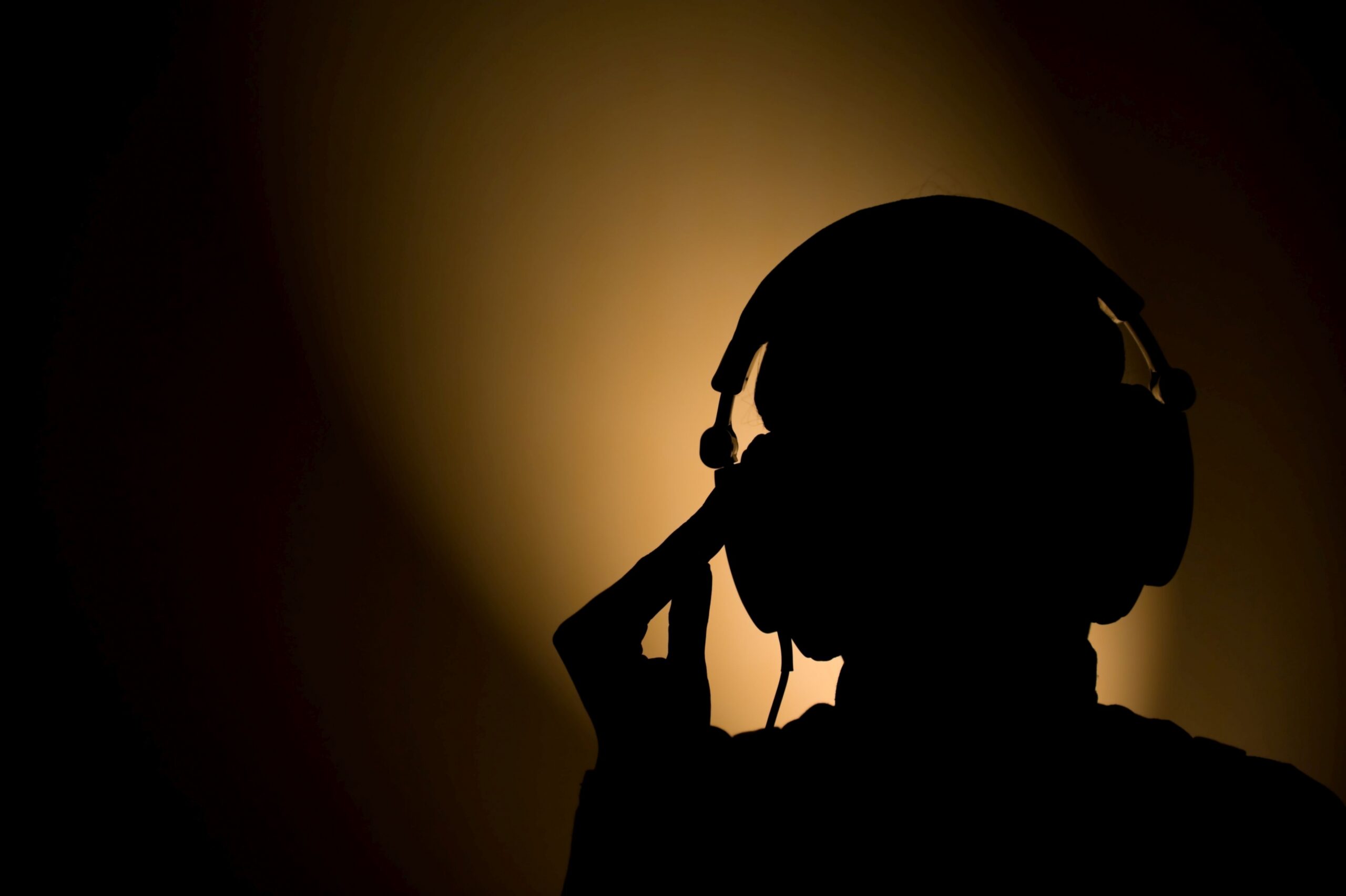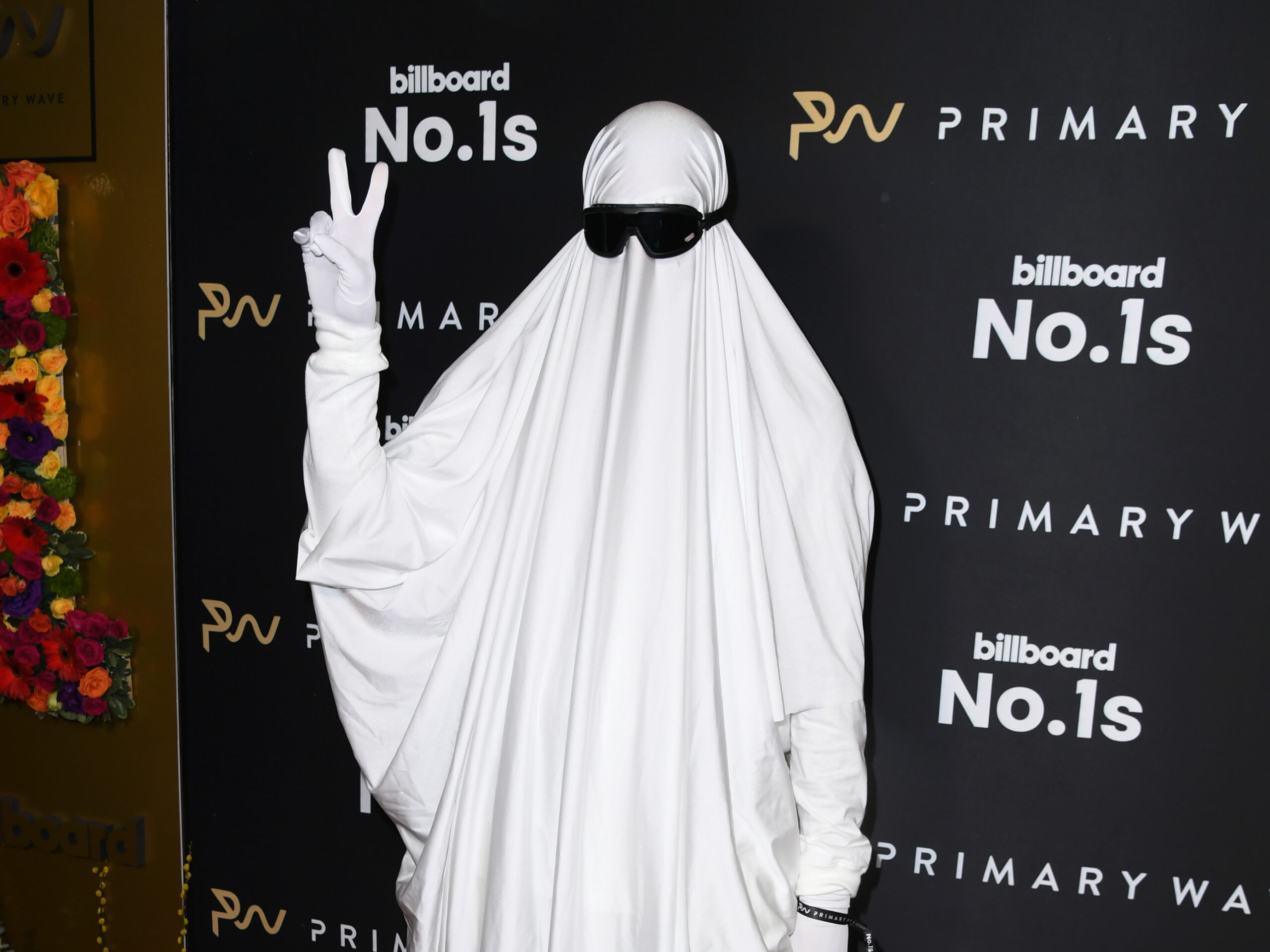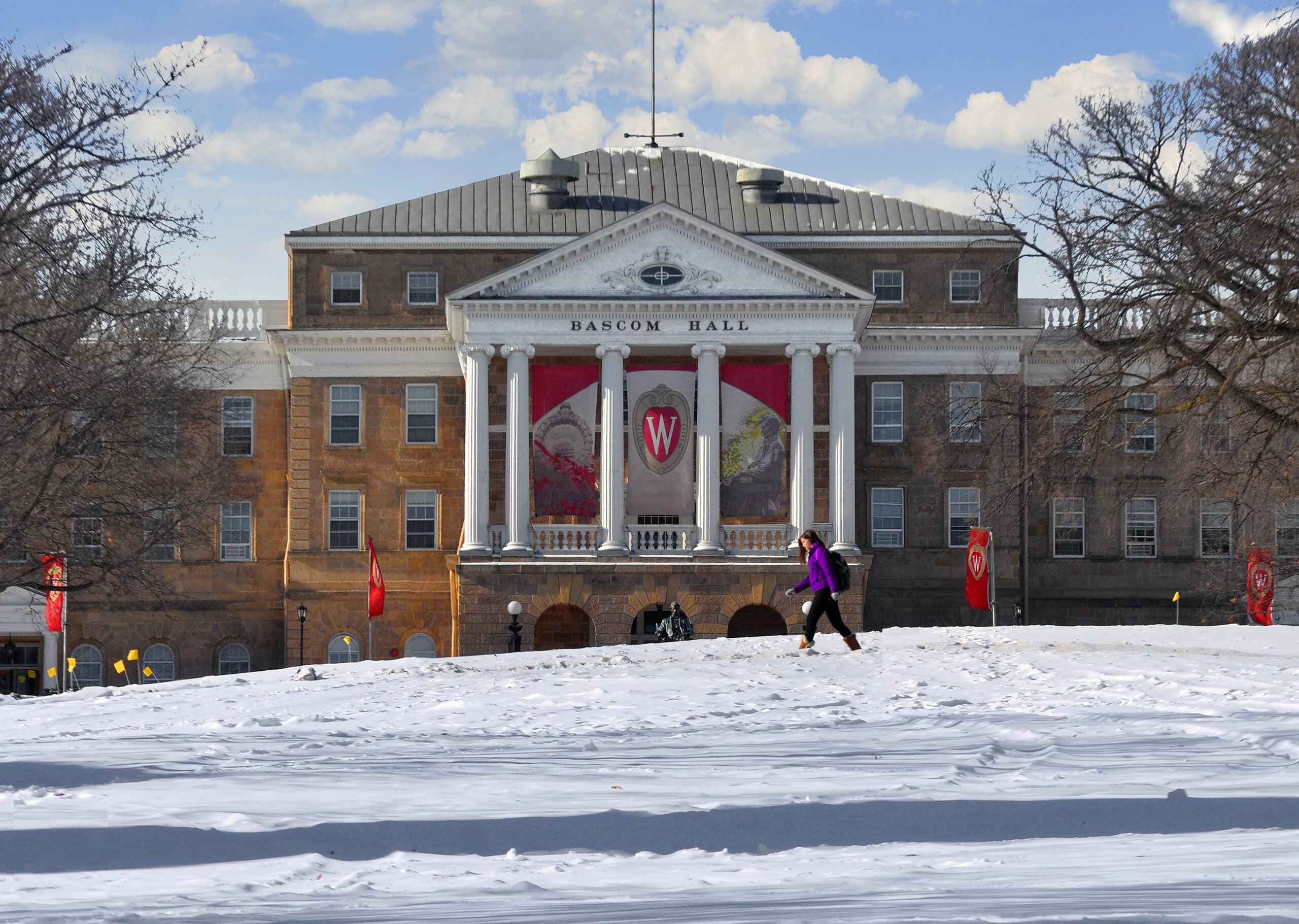Computer experts at the University of Wisconsin-Madison say illegal downloading has gone down over the years.
Students obtaining music and movies on the sly has been a concern for years but now there are more legal ways to get entertainment, like online streaming services such as Spotify, Netflix, Amazon and Hulu.
Technology changes over time, and so have the ways in which it’s used. But one constant on college campuses has been computers delivering entertainment to students’ eyes and ears.
Stay informed on the latest news
Sign up for WPR’s email newsletter.
Fourteen years ago in a dorm room on the UW-Madison campus, Tal Rubenstein pulled up a Tom Petty song on his computer and pressed play.
The Milwaukee native was using an online file sharing site to download copyrighted music. Such sites were free and illegal, but oh-so-popular. Sharing copyrighted music was rampant.
Students 14 years ago were using file sharing sites such as Kazaa, Grokster and ShareScan.
There’s no questioning illegal file sharing is happening but it’s happening a lot less, says UW-Madison computer expert Brian Rust of the campus IT department.
As of mid-September, UW officials sent 213 notices of copyright violation to students on campus — 173 were sent in Spring 2017 and 40 at the beginning of this fall semester.
“That equates to 2,230 — an 85 percent drop from 2016 totals and an 89 percent drop from 2015 totals,” Rust said.
File sharing is legal but you can only share copyright materials after getting permission from the person or entity owning the material. If you don’t have that, you’re breaking a federal law.
Illegal downloading on campus has plummeted since the evolution of iTunes, Spotify and other music services where people listen to commercials for access to copyrighted entertainment or pay to skip the commercials and get right to the music. Those sites came after the pioneering free-sharing site Napster, which was shut down by the courts in 2001.
Napster is a distant memory to today’s college students.
UW-Madison students Roman Pertzborn and Anna Schuette were asked in September if they’d ever heard of Napster.

A CD recorder is pictured in front of a screen displaying the Napster homepage in this photo taken in Feb. 2001. Frank Rumpenhorst/AP Photo
“Yeah, but it’s old though,” Pertzborn, a senior, said. “I was in middle school when that was thing.”
“I remember Napster. I think any music I wanted at that age I had a CD of,” said Schuette, a sophomore.
Schuette and Pertzborn say they don’t illegally download music. Pertzborn said if he were to download music illegally, he wouldn’t be worried about the copyright infringement so much as the quality and selection of material.
“The quality is just not there with all those free-sharing things. Also it’s too hard to find the songs I personally want,” Pertzborn.
While more of the music obtained on campus is now obtained legally, movies are a different matter. They make up the bulk of ill-gotten entertainment, Rust said.
“Its been primarily, if not almost exclusively, movies,” Rust said. “Like first-run movies that haven’t necessarily hit the theaters yet. Or something that’s been released in another country. Somebody obtains a copy of that. They put it on their server and offer it to the rest of the world. Those are the kind of things the MPAA (Motion Picture Association of America) is trying to stop.”
Then and now the music and movie industries have threatened to sue those taking copyrighted material for free-using file sharing software. Over the years, UW-Madison has gotten only a couple of subpoenas, Rust said, but lots of cease and desist (pre-litigation) letters which were passed along to the alleged offenders.
“I can remember one instance where we had a parent who was pretty upset that their (child) had gotten this notice and wondered what kind of role we played; why did we let them download music and movies?” Rust said.
We let people use the (campus) network for whatever they need in order to do their work. In the course of doing their work they may do things or look at things you and I might consider inappropriate. We don’t act on those until or unless we get a complaint from an individual or an organization.”
In late September campus officials sent out a notice about copyright rules, a pointed reminder that there could be expensive consequences to illegally downloading music and movies for free.
Wisconsin Public Radio, © Copyright 2024, Board of Regents of the University of Wisconsin System and Wisconsin Educational Communications Board.



